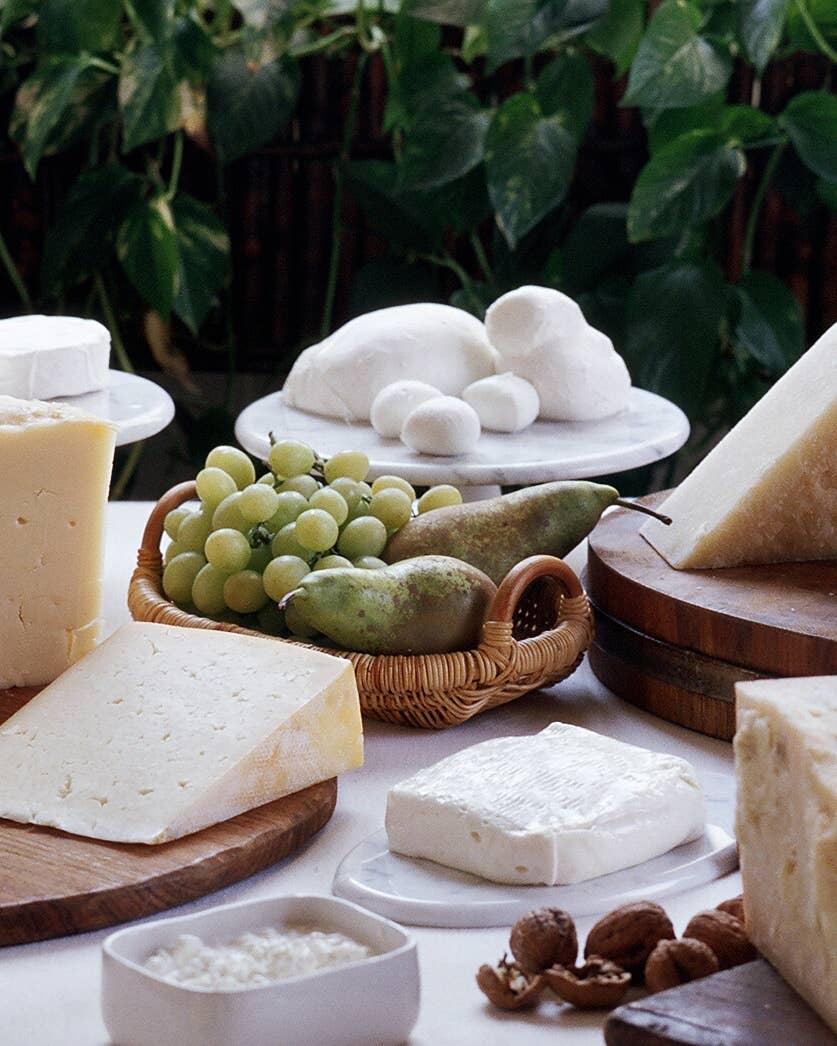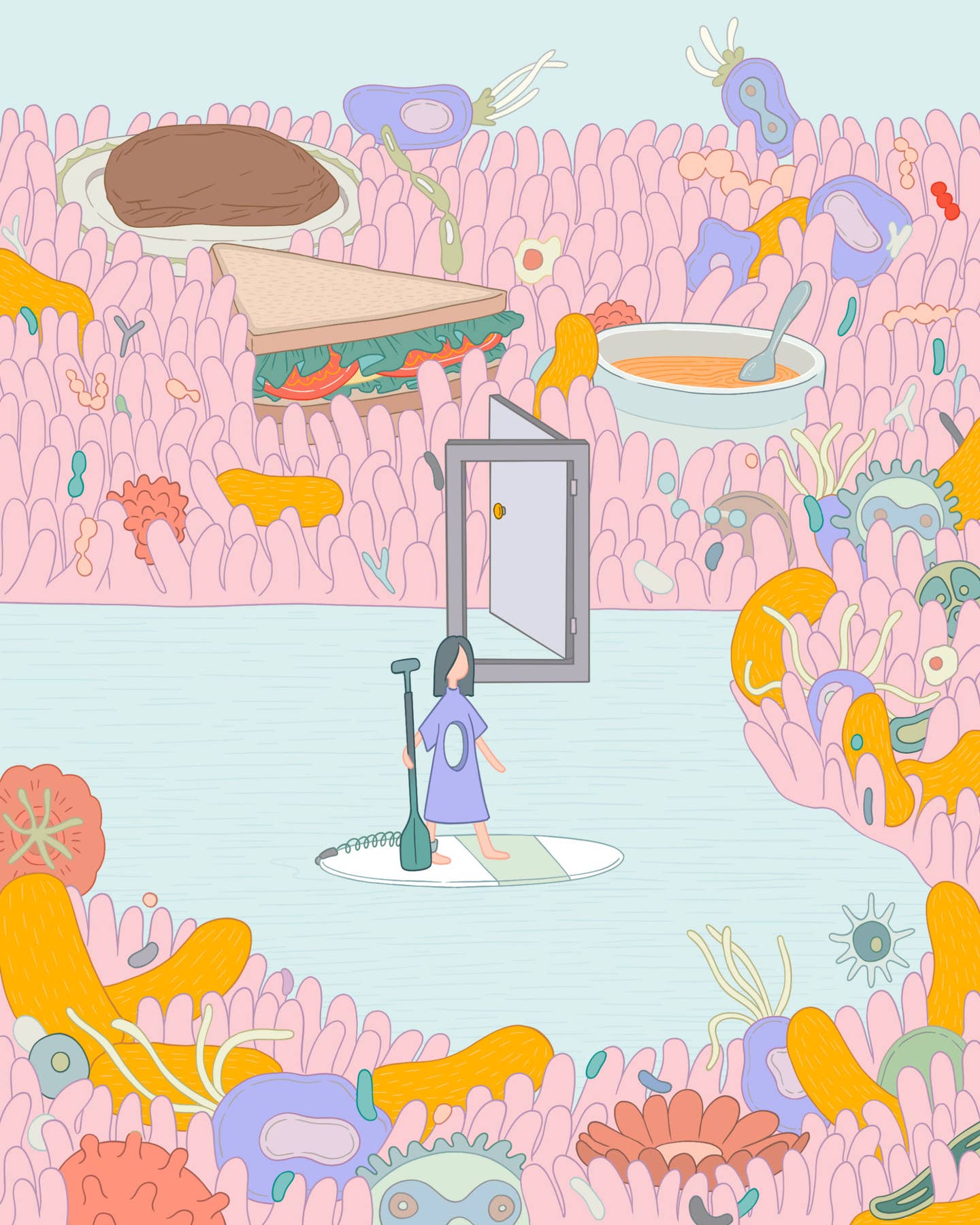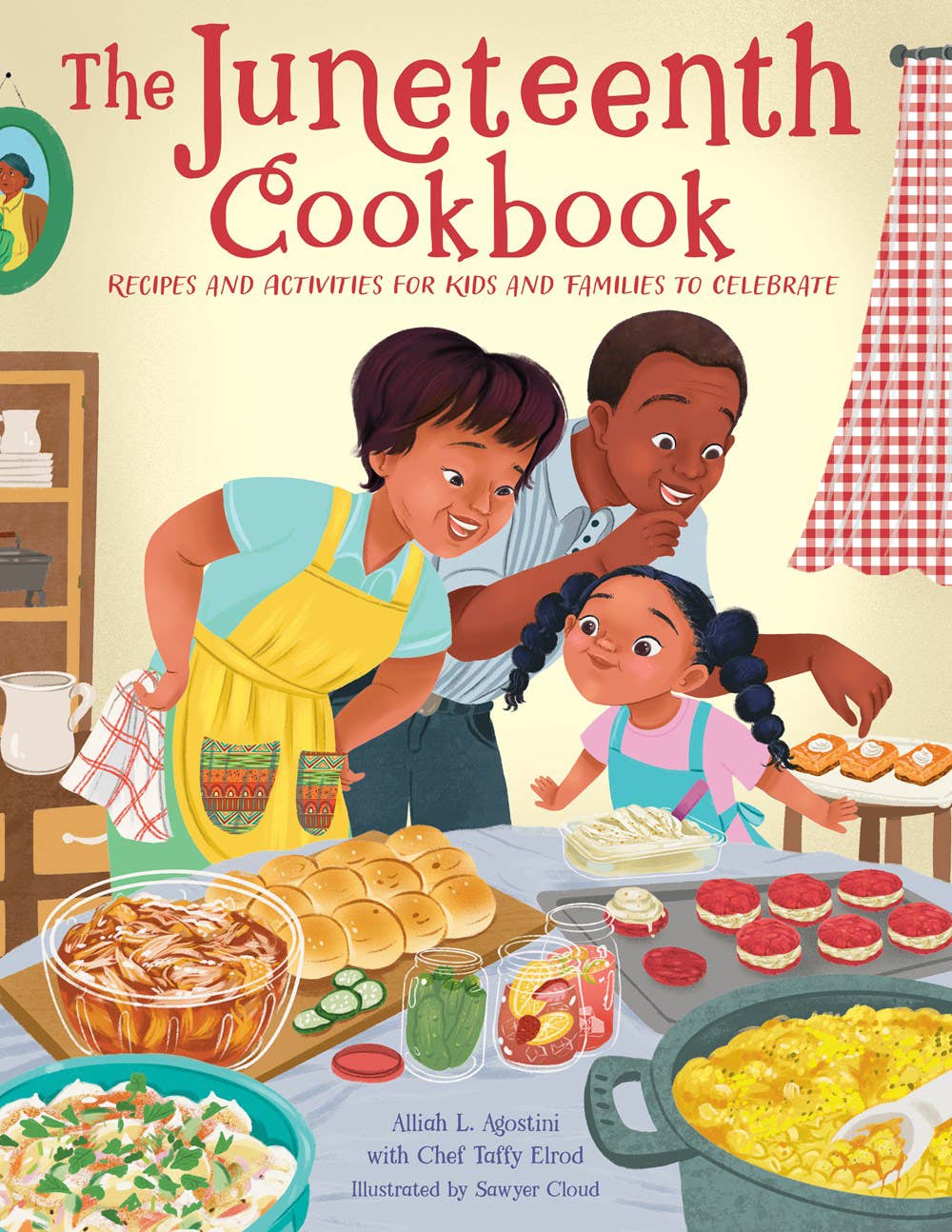
A Different Kind of Passover Seder
In search of a more exciting Passover tradition? Take a page from the Sussman family’s book.
Max and Eli Sussman enjoyed decidedly untraditional Passover seders as young boys. And then as older boys, and now, still, as grown brother-men/chefs. It’s all thanks to their father, Marc Sussman, who in the 90s began turning the traditional seder—often beleaguered for its length and resented by children with short attention spans—on its head.
“When we were kids, seders were really boring,” remembers Marc. “Everyone sat at the table and we read the haggadah, each person reading a paragraph or so. There was no discussion. So once [my wife and I] started hosting seders, I thought that it should be more interesting for children and for adults.” Thus began the themes: Each year brought a new request of its participants, be it preparing a poem or a song about freedom, or readying themselves for a Wheel of Fortune-themed seder.
But these themes aren’t just about novelty. “I want every person to be invested in the seder as an important learning and participatory experience,” Marc says. Intrigued by this tradition—especially after celebrating a seder with Marc and his sons last week—we asked Eli and Max for a few more Passover stories. We hope you’ll share your own memories in the comments below.
SAVEUR: What were seders like in your house growing up?
Eli: Well, our dad was a strong believer in highly creative, highly interactive seders, so he came up with a different theme every year and then made everyone who was coming participate in it. There were years when we all collaborated on writing a play and then performed it; other years everyone had to come with a poem; there was a game-show year seder...
Max: There was the Bedouin tent year seder...
Eli: ...where we sat on the floor and he, like, put scarves and pillows all over the floor.
Max: There was a rhyming Seder, where everything rhymed. And they're long—they're several-hour-long Seders.
Marc and Eli, reading at last week's Best Seder Ever.
SAVEUR: Did you have to rhyme the entire time?
Max: I think you had to come with a prepared rhyming section, like you were tasked with karpas, or whatever it might be, that you had to write a rhyming stanza for.
Eli: Sometimes it gets pretty intense. We have a really broad range of family and friends that come. And some of them take it really seriously. [Our dad] makes everyone do it, from our six year old cousins to...
Max: ...our eighty-year-old grandparents. It changes every year, which keeps things interesting, but also gets people engaged in the Seder as opposed to just going around the table and reading the Haggadah or singing the same four songs. It changes dramatically every year.
SAVEUR: What are some of your favorite Passover memories?
Eli: I remember very specifically that everyone really enjoyed the Bedouin tent year. I might be getting things mixed up, but I'm pretty sure that I played Moses.
Max: No, that was the play, that was a different year.
Eli: Okay, well I remember playing Moses and coming in and performing with my best childhood friend at the time. That was pretty fun.
Marc says: "One year, we hung cloths from the ceiling and walls, to make the living room look like a Bedouin tent, and we read the haggadah sitting on pillows on the floor in the living room. Another year, two of the children (one of which was Eli) snuck outside, put on costumes, and rang the doorbell; then they came in and played the roles of people who were on their way from Egypt to Canaan; we asked them questions about what life was like in slavery versus being free, about Moses, about what happened when the Ten Commandments were given, etc."
Eli: And then there was a year where everyone had to do a dramatic reading. I can't remember specifically what it was, but it got very emotional—like, three people cried.
Max: People cry every year.
Eli: In a good way. And so I suppose the general overarching memory is that it's a unique experience and there's always something unexpected—which I think is rare for most people, because the seder is a very structured meal. There's a format that you're supposed to follow, and I think some people just struggle and race to get through it, but it was never really like that at our house. Everyone looked forward to being there.
SAVEUR: Do you know what made your dad start the tradition in the first place?
Eli: He's pretty religious and he's also super into teaching. So I think for my dad, it was mostly about how the Seder has this negative connotation of being really long and really boring—
Max: It's the longest lead up to a meal of all time.
Eli: But also, it doesn't feel really relevant. It's like, all right, something happened to some people who were related to us five thousand years ago, and I'm supposed to tell the story in a different language, and it means nothing to anybody. So I think for him it was a challenge to take something that was important to him and make it relevant to the rest of the family.
Max: And getting people involved convinces them that it's not taking a super long time. Really it is, but if you fill that time with activity, they don't realize they haven't eaten for over an hour.
SAVEUR: And how would you describe a traditional seder?
Eli: Well I think the main point of a seder is that you get together and you tell the story of the exodus. It depends on who's asking, I guess, but that's the core of it.
Max: Seems like a fine-ish answer to me.
Eli: Yeah I mean there's more to it, you know: you're supposed to feel like you are a person who was freed from slavery, and then you talk about that for three hours and eventually you have some soup.
Keep Reading
Continue to Next Story










